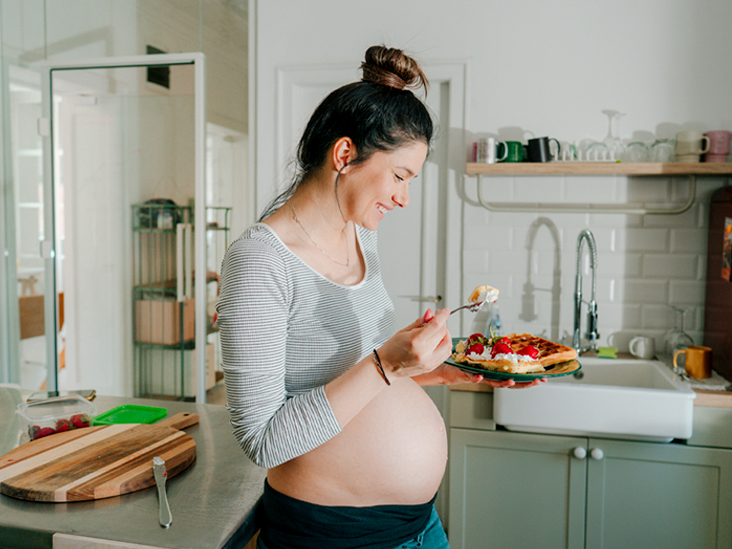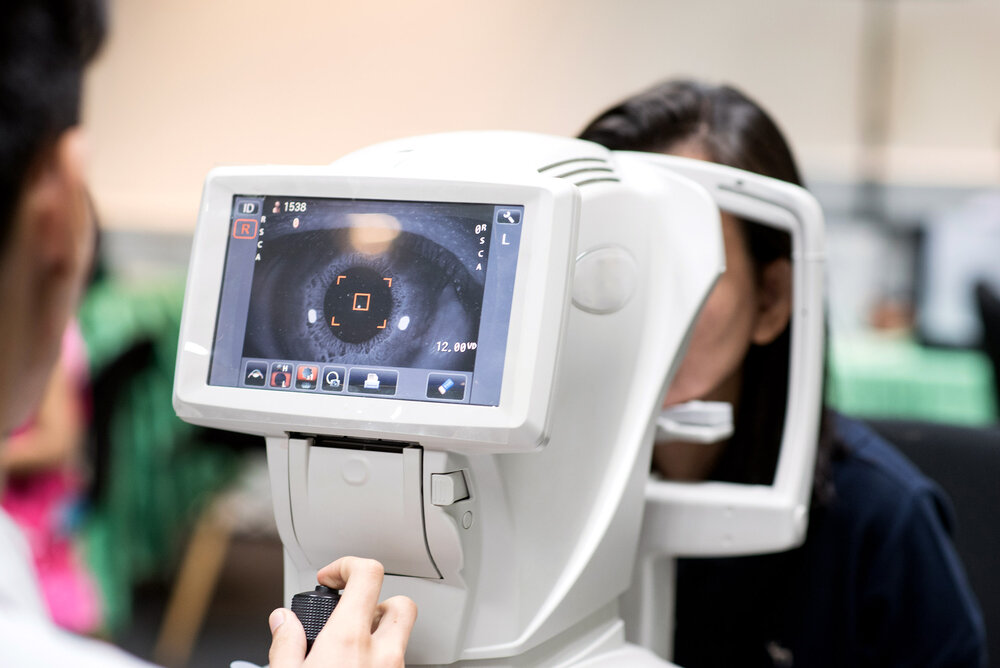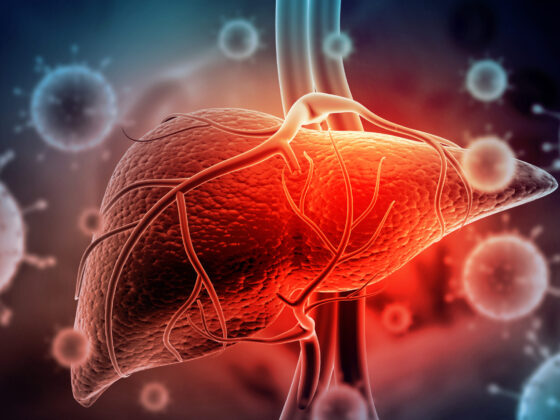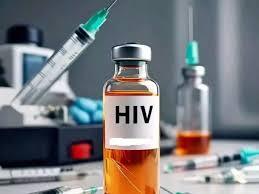Attributed to Ms. Chaitra, Executive Nutritionist, Cloudnine Group of Hospitals, Bengaluru (Malleshwaram)
Good nutrition in women and men plays a very important role in conceiving. Prenatal nutrition is an important phase while preparing for pregnancy. A good nutrition and BMI according to their age, weight and height in partners plays a significant role in the process of conception. Women need to focus on healthy weight and nutrients such as iron, folic acid and a balanced intake of other macro and micro nutrients to create a safe nine month antenatal phase.
Men also need to focus on their weight as excess weight will lead to hormonal imbalance which will have an effect on the quality of the sperm. Hence, it’s advisable for them to include good amount of fruits and vegetables, antioxidants, vitamins and mineral rich food sources as a part of their daily diet.
Here are some of the vital nutrients to be focused on:
Most women do not follow a well balanced healthy diet prior to their pregnancy and this may have improper nutritional status which may hinder the conception.
Balance can be achieved by following the healthy plate guideline:
A healthy plate is divided into 5 food groups:
Grains: While there are different types of grains choose fortified grains with folic acid for additional benefit during pregnancy. Fill 1/4th of the plate with grains and cereals .
Vegetables: vary your choices of vegetables. Vegetables are divided into different groups such as Green leafy, orange coloured, starchy vegetables and other vegetables. Add 2-3 variety of them in each meal.
Fruits: A variety of fruits is recommended to be consumed, at least 2 servings per day. They are not only a good sources of vitamins and minerals but also fibre.
Protein: Nuts, seeds and non vegetarian sources like meat, fish, poultry and High biological value protein (Egg) comes under this. It’s always a good choice to choose lean meat like fish, poultry, nuts and seed. Fill 1/4th of your meal plate with lean protein.
Dairy: Milk and milk products come under dairy, they are a good source of calcium and plant based protein for vegetarians. Low fat or fat free organic milk and milk products are ideal if obesity is an issue.
In addition to and healthy plate, the following micronutrients boost fertility:
| Men | Women |
| B-carotene-carrots, pumpkin, squash | FolicAcid-GLV,Cauliflower,orange , lentils, Broccoli |
| Zinc-sesame seeds, quinoa, pumpkin ,asparagus, lentils | Omega 3- walnut, chia seeds, flax seeds, carrots, salmon |
| Selenium-salmon, spinach, sunflower seeds | B-carotene-carrots,pumpkin,squash,GLV |
| Vitamin E-Almonds, Broccoli, Avacado | Zinc-eggs, nuts, meat, legumes |
| Vitamin C-citrus fruits, bell peppers, tomato | Vitamin B6-Banana, spinach, garlic,cabbage, cauliflower, broccoli, bell pepper |
| L-arginine- Pumpkin, Peanut, chickpea, lentils | L-Carnitine-Chicken, Avacado, Asparagus.
|
Along with them emphasis on intake of
Folic acid: It is known to assist in the development of baby’s neural tube which forms into the spine and brain. A lack of vitamin is linked to spina bifida, a condition where the baby’s spine fails to form properly.
Sources: Dark green leafy vegetables, cauliflower, orange and lentils.
Iron: The need for iron will increase 50 to 60% over the requirements of pre pregnancy. Iron helps our body to make new blood to carry the oxygen and nutrients to the baby during pregnancy. Lack of iron leads to anemia, weakness, shortness of breath, pre-term delivery, low birth weight of baby.
Sources: Green leafy vegetables, Poultry, Lamb, Kidney beans, almonds, pistachios, walnuts, prunes, raisins, beetroot.
Calcium: Preparing for pregnancy includes building healthy bones. If a women’s diet lacks calcium during Pre Pregnancy and pregnancy phase, the growing fetus draws the calcium from mother’s bones, which can put her at a risk for osteoporosis in later stage of life.
Sources: Milk and milk products, seafood, dried peas and beans, it is also found in green vegetables like broccoli, spinach and greens.
Vitamin D: It has been linked to a variety of health benefits for women trying to conceive. Its plays a significant role in fertility acting both on ovary and endometrium. At the ovarian level, vitamin D has shown to enhance ovulation.
Sources: Egg yolk, milk, salmon, fortified cereals and orange juice.
Lifestyle and its impact on fertility:
There are also lifestyle practices and disorders that can increase the risk of infertility.
The common health problems that might stop conceiving are Polycystic ovary syndrome (PCOS), Endometriosis, Uterine Fibroids, sexually transmitted diseases. Mental Stress, smoking, alcohol , irregular sleeping patterns along with poor diet are known to affect fertility in both men and women.
The above mentioned conditions and practices will have an adverse effect on the hormones, which may result in insulin resistance, thyroid issue, overweight, high blood pressure.
If you are trying to conceive for at least one year without success, it is possible that poor diet along with lifestyle disorders and practices could be a contributing factor. It is recommended to seek help from any of our nutritionists across India for a healthy balanced and personalized fertility diet plan.











